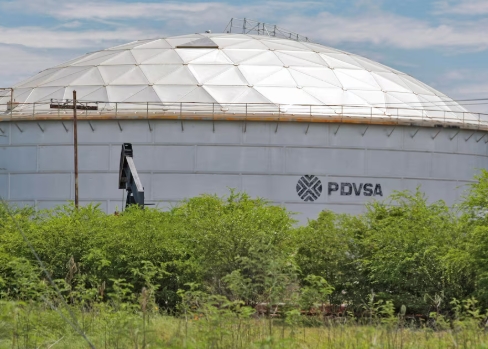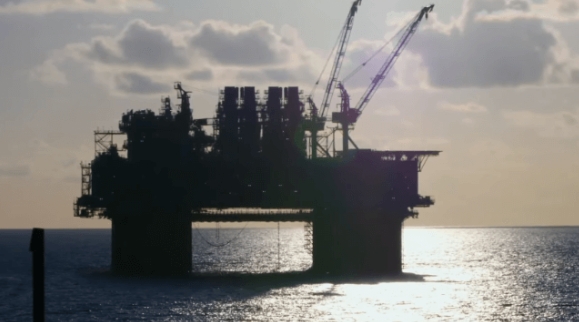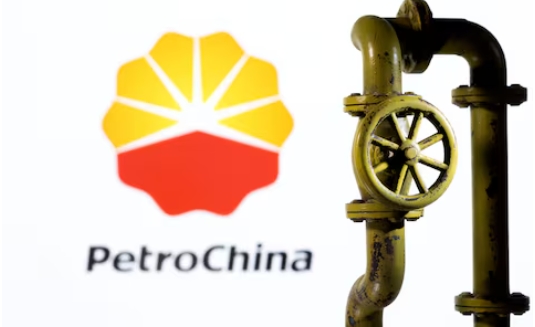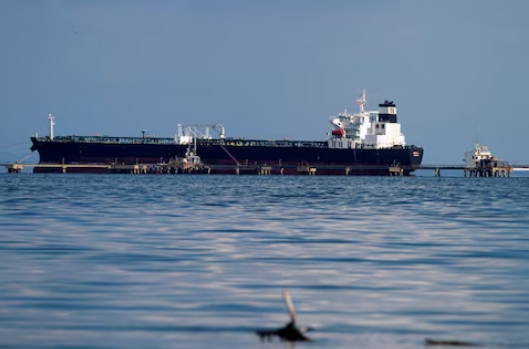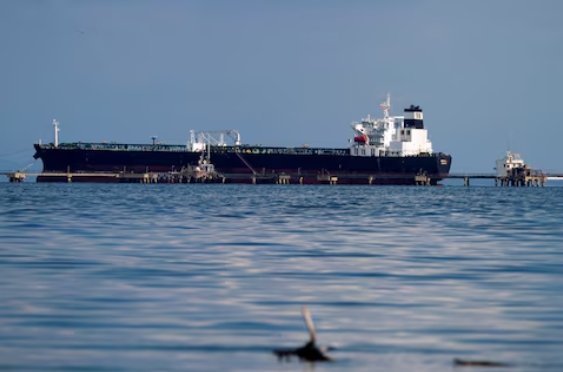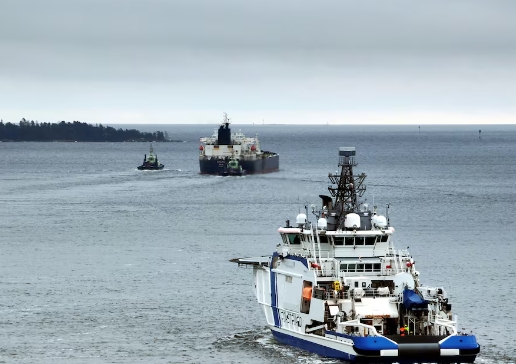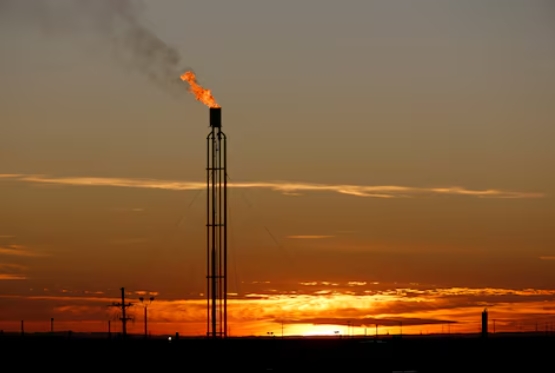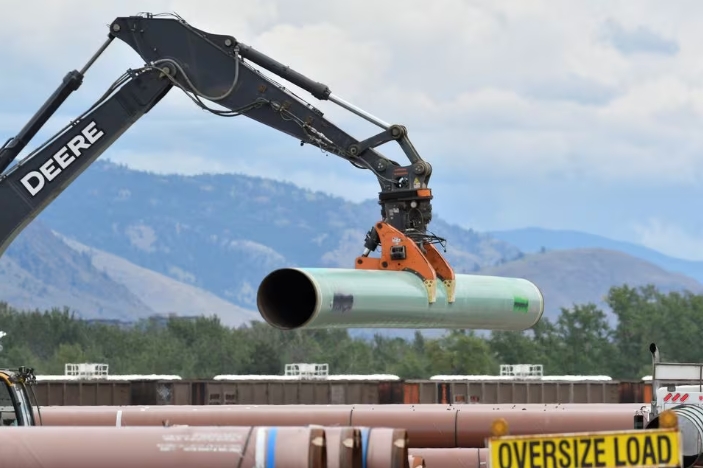
The C$30.9-billion ($23.05 billion) expansion will nearly triple the flow of crude on Trans Mountain from Alberta to Canada's Pacific Coast but has been plagued by years of delays and cost overruns.
Worries about further delays have weighed on Canadian heavy crude prices in recent months.
Trans Mountain, a Canadian-government owned corporation, had asked to be allowed to install smaller-diameter pipe in a 1.4-mile (2.3-km) section of the pipeline's route after encountering challenging drilling conditions due to the hardness of the rock in a mountainous area between Hope and Chilliwack in the province of British Columbia.
Following a hearing in Calgary, Alberta on Friday, the CER said it approved Trans Mountain's request and would issue its reasons at a later time.
The CER had denied Trans Mountain's request on Dec. 5, prompting Trans Mountain to then ask the regulator to reverse the decision on the grounds it could cause a "catastrophic" two-year delay and billions of dollars in losses.
The project is scheduled to start operating by the end of March.
Prime Minister Justin Trudeau's Liberal government bought the pipeline in 2018 to ensure the expansion proceeded despite opposition.
The expanded pipeline will increase access for Canadian oil to refineries on the U.S. West Coast and in Asia.

